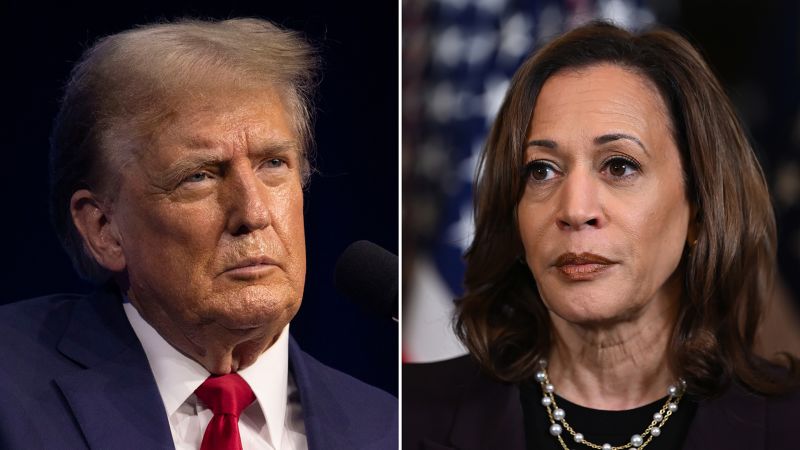Lippman argues that Trump’s stance is a stalling tactic meant to delay the inevitable confrontation with Vice President Kamala Harris, who many expect to be the Democratic nominee in the next presidential election. By refusing to commit to a debate until the nominee is chosen, Trump is buying himself more time to prepare and strategize for a potential match-up against Harris. This delay tactic could give Trump a significant advantage in the debates, as it allows him to avoid committing to a specific time frame and potentially avoid facing Harris altogether if circumstances change.
Lippman also suggests that Trump’s hesitancy to debate Harris may stem from a fear of her debating skills and strength as a candidate. Harris is known for her tough questioning and strong debating skills, which could present a formidable challenge to Trump in a debate setting. By delaying a decision on participating in debates, Trump may be hoping to avoid a potentially tough confrontation with Harris and save face if he decides to back out of the debates altogether. This fear of facing a strong opponent like Harris could also reflect concerns about Trump’s own debating abilities and performance under pressure.
Additionally, Lippman notes that Trump’s refusal to commit to debates until the Democratic nominee is chosen could be a strategic move to undermine Harris’ campaign and create uncertainty within the Democratic Party. By casting doubt on whether he will participate in debates, Trump is creating a cloud of uncertainty that could impact the planning and messaging of Harris’ campaign. This could also serve to distract from other issues or controversies surrounding Trump and shift the focus onto the uncertainty surrounding the debates, potentially giving him a tactical advantage in the upcoming election.
Furthermore, Lippman highlights the broader implications of Trump’s decision to delay participating in debates, emphasizing the importance of these events in the democratic process. Debates play a crucial role in informing voters about the candidates’ positions, policies, and leadership qualities, allowing them to make informed decisions on Election Day. By refusing to commit to debates until a specific time, Trump is potentially denying voters the opportunity to see him and Harris engage in a meaningful discussion on key issues facing the country. This could be seen as a disregard for the democratic process and an attempt to manipulate the system for his own benefit.
Overall, Lippman’s analysis paints a complex picture of Trump’s hesitancy to debate Harris, suggesting that it could be a strategic move to delay facing a strong opponent, sow uncertainty within the Democratic Party, and potentially undermine the democratic process. By refusing to commit to debates until the Democratic nominee is chosen, Trump is buying himself more time to prepare and strategize, potentially giving him a tactical advantage in the upcoming election. However, this delay tactic could also backfire and reflect poorly on Trump, as it may be seen as an attempt to avoid a tough confrontation with Harris and manipulate the democratic process for his own benefit. Ultimately, the decision on participating in debates will have significant implications for both Trump and Harris, shaping the course of the election and informing voters’ decisions on Election Day.













